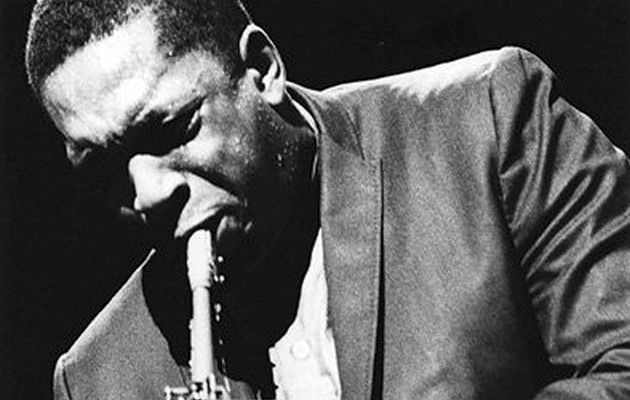If you think Dylan going electric or the punk revolution caused a stir in the music press, you should have been around when John Coltrane brought his quintet to the UK to start a 27-city European tour in November 1961. Bob Dawbarn, the Melody Maker’s representative, returned from the opening show ...
If you think Dylan going electric or the punk revolution caused a stir in the music press, you should have been around when John Coltrane brought his quintet to the UK to start a 27-city European tour in November 1961. Bob Dawbarn, the Melody Maker’s representative, returned from the opening show at the Gaumont State in Kilburn, North London, with a piece that ran under a headline screaming: “WHATHAPPENED?”
Dawbarn was a knowledgable fan of modern jazz — including the music of Dizzy Gillespie, whose band topped the bill that night — but Coltrane’s new sounds had him “baffled, bothered and bewildered”, reflecting the opinion of a large chunk of the audience uneady for the changes jazz was starting to undergo.
Part of the problem was that Coltrane’s UK album release schedule lagged far behind the US. The fans who knew him from his work with Miles Davis and his own earlier records as a leader were expecting a tenor saxophonist who expanded the rulebook but did not rip it to shreds. They had not heard his latest Atlantic album, My Favourite Things, containing a version of the title song in which he used the major-to-minor shifts of Richard Rodgers’ harmless little melody (from The Sound Of Music) as the vehicle not only for his discovery of the soprano saxophone but for his assault on jazz’s established limits of harmony and timescale.
No fewer than six extended versions of the song are included in So Many Things: The European Tour 1961, a set of four CDs on the Acrobat label compiled from two shows each in Paris and Stockholm and one apiece in Copenhagen and Helsinki. The sound quality varies from patchy to excellent but the flame of discovery burns throughout, nowhere more thrillingly than on the second Paris version of “My Favourite Things”, where Coltrane attacks his long solo from a variety of different angles, with increasingly jaw-dropping results.
Other highlights include a gorgeous version of “Naima” featuring the bass clarinet of Eric Dolphy, who is also heard to advantage on alto saxophone and flute. McCoy Tyner (piano), Reggie Workman (bass) and Elvin Jones (drums) show themselves completely attuned to the rapidly evolving needs of a leader whowould die in 1967 without having visited the UK again. This diligently compiled set is as close as we’ll get to a souvenir of his profound effect on European listeners.



